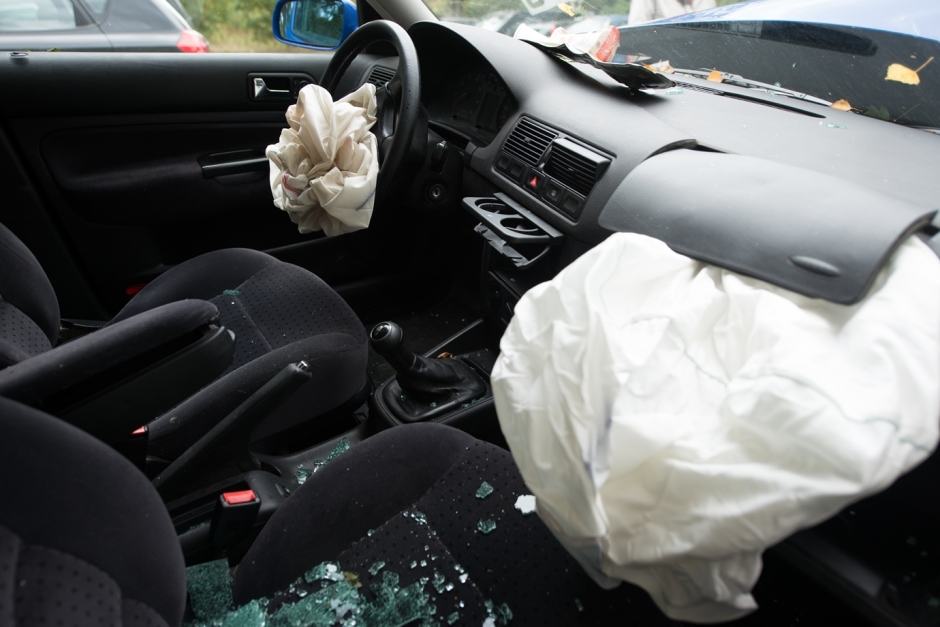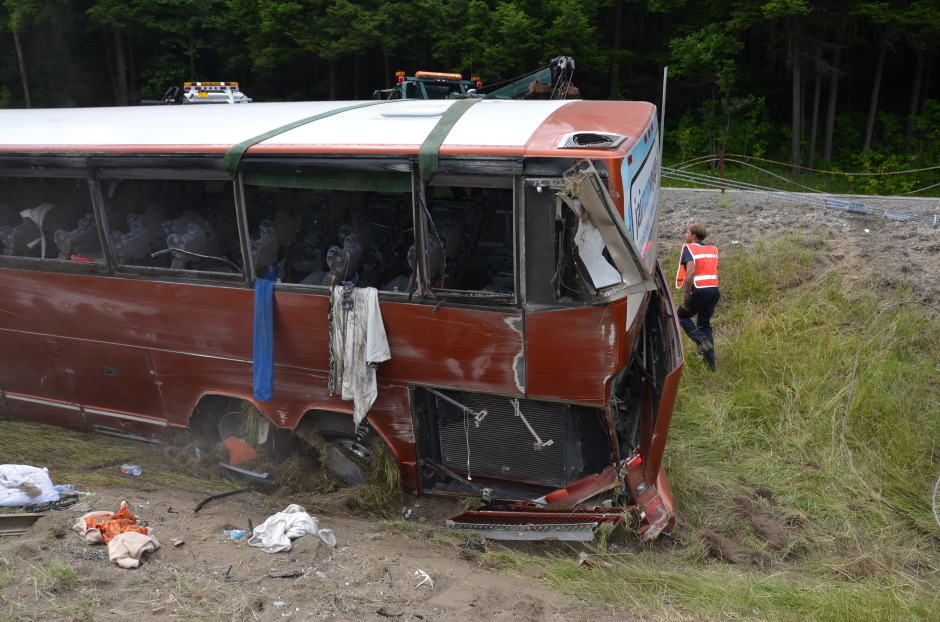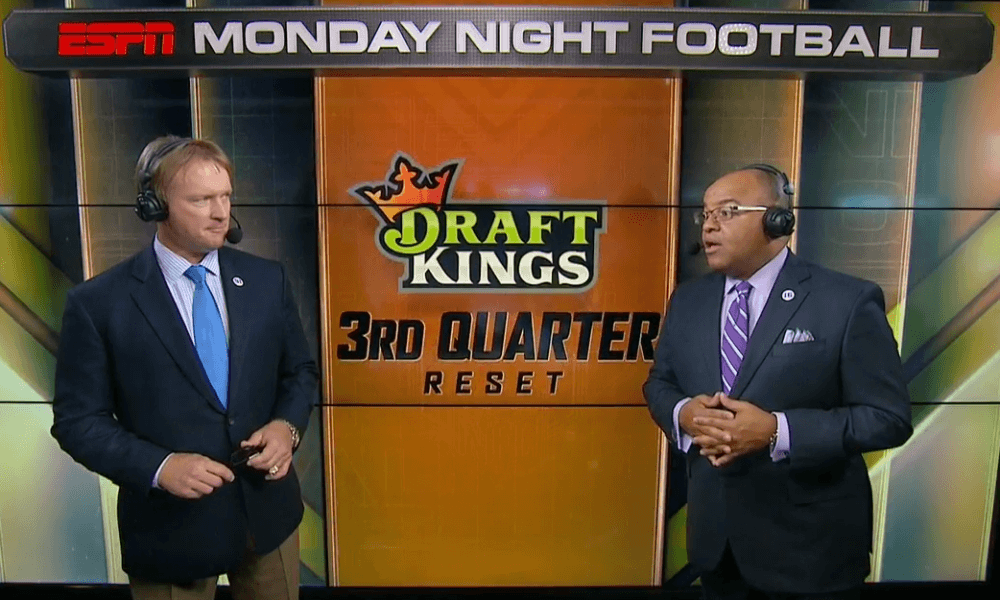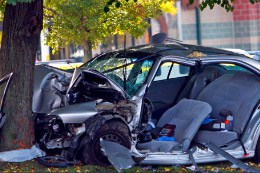
Defective Airbag Lawsuit
Jazlowiecki & Jazlowiecki is currently accepting claims related to injuries caused by defective airbags, specifically those made by the Japanese supplier, Takata Corporation. It was reported in a recent NY Times article that 11 automakers have recalled more than 14 million vehicles globally, due to the risk of the defective airbags. The risk is that the inflator and propellent devices that deploy when there is a crash have been deemed to be defective, and are deploying improperly at the time of the accidents. It is described as a “rupturing” risk, where upon deployment, the airbag’s steel canister cracks and explodes which shoots metal fragments inside the vehicle.
These defective airbags are being blamed for many serious injuries, some of which were fatal. A lawsuit was filed in Florida this week against Takata Corp. and Honda Motor Company, after an Orange County woman died after her airbag exploded causing her to be hit with shrapnel. It is reported there have been 4 deaths resulting from these defective airbags.Takata is currently under a safety investigation for these defective airbags. The NY Times reports that Takata knew about some of these issues all the way back in 2004, but choose to hide or ignore the findings. Automakers have issued a recall for the more than 14 million vehicles that may have this risk. Below is a comprehensive list.
If you or someone you know has been injured because of a defective airbag, do not hesitate to contact Jazlowiecki & Jazlowiecki for a free consultation, and learn about your legal rights. Our Office can be reached via Email or by phone at (860) 674-8000.
List of recalled vehicles:
Acura: 2002–2003 CL and TL; 2003–2006 MDX; 2005 RL
BMW: 2000–2005 3-series sedan and wagon; 2000–2006 3-series coupe and convertible; 2001–2006 M3 coupe and convertible
Chrysler: 2005–2008 Chrysler 300; 2007–2008 Aspen
Dodge/Ram: 2003–2008 Dodge Ram 1500; 2005–2008 Ram 2500, Dakota, and Durango; 2006–2008 Ram 3500 and 4500; 2008 Ram 5500
Ford: 2004 Ranger; 2005–2006 GT; 2005–2007 Mustang
Honda: 2001–2007 Accord; 2001–2005 Civic; 2002–2006 CR-V; 2002–2004 Odyssey; 2003–2011 Element; 2003–2007 Pilot; 2006 Ridgeline
Infiniti: 2001–2004 Infiniti I30/I35; 2002–2003 Infiniti QX4; 2003–2005 Infiniti FX35/FX45; 2006 Infiniti M35/M45
Lexus: 2002–2005 SC430
Mazda: 2003–2007 Mazda 6; 2006–2007 Mazdaspeed 6; 2004–2008 Mazda RX-8; 2004–2005 MPV; 2004 B-series
Mitsubishi: 2004–2005 Lancer; 2006–2007 Raider
Nissan: 2001–2003 Maxima; 2001–2004 Pathfinder; 2002–2006 Nissan Sentra
Pontiac: 2003–2005 Vibe
Saab: 2005 9-2X
Subaru: 2003–2005 Baja, Legacy, Outback; 2004–2005 Impreza, Impreza WRX, Impreza WRX STI
Toyota: 2002–2005 Toyota Corolla and Sequoia; 2003–2005 Matrix, Tundra
If you or someone you know has been injured, contact the Law Firm of Jazlowiecki & Jazlowiecki to learn about the potential defective airbag lawsuit against Takata. Our Office can be reached via Email or by phone at (860) 674-8000.
U.S. Regulators Call for Takata Airbag Recall to Be Extended Nationwide
NY Times—In a significant shift, federal safety regulators on Tuesday called on automakers to conduct a nationwide recall of vehicles that contain driver’s-side airbags made by the Japanese supplier Takata.
The nationwide move, urged by the National Highway Traffic Safety Administration, would expand a recall that has been mostly limited to two states and two territories associated with high humidity. If automakers do not agree to expand the recall, the agency said, it will “use the full extent of its statutory powers” to compel automakers to do so. The call, though, was likely to create confusion among car owners.
The agency said it had yet to make a detailed list of the models or model years affected. But the expansions will affect millions of vehicles made by Ford, Honda, Chrysler, Mazda and BMW, mostly from model years 2008 or earlier, said David J. Friedman, the agency’s deputy administrator, on a conference call with reporters.
The announcement reflects a growing urgency within the agency to address the mushrooming problem of the Takata-made airbags. Last month, it urged millions of car owners to have their vehicles fixed immediately, only for many to learn that replacement parts were not yet available. Tuesday’s announcement also came two days before Mr. Friedman was expected to testify about his agency’s handling of the Takata issue at a hearing of the Senate Committee on Commerce, Science and Transportation. Representatives of Takata, Honda and Chrysler are also set to appear.
Takata’s headquarters in Tokyo. More than 14 million vehicles have been recalled since 2008 because of Takata’s airbags. Credit Koji Sasahara/Associated Press
More than 14 million vehicles from 11 automakers have been recalled worldwide since 2008 over concerns about the Takata-made airbags. At least five deaths have been linked to the defect. The airbags contain a propellant that can cause them to explode when they deploy in an accident, spraying metal debris from the casing into the car’s cabin and potentially injuring the driver or passenger. Moisture is thought to make the propellant more combustible.
Mr. Friedman said that the decision to call for a nationwide recall was prompted by an airbag rupture in North Carolina in August in a 2007 Ford Mustang that injured that car’s driver. Though that model had been recalled in June, the car in North Carolina had not, because it was outside the high-humidity regions — including Florida, Hawaii, the Virgin Islands and Puerto Rico — targeted by recent recalls. Another rupture in a Honda vehicle this year had prompted Honda to add California to its list of regions affected by the recall. But over the past decade, Takata inflaters in previous designs have ruptured in areas including Virginia and Oklahoma, and in central Japan.
Honda, which has been most affected by the defective airbags, said it intended to cooperate with the agency “including, as warranted by the developing investigation, expanding the recalls affecting our vehicles.”
Ford said it had just learned of the regulator’s request and was “quickly evaluating it.” It said it would continue to cooperate with the safety agency and take action “as expeditiously as we can.” A Chrysler spokesman, Eric Mayne, said that his company was examining the order, and that it “has been and will remain transparent with N.H.T.S.A. about this issue.”
In a statement, the company said that it “remains committed to addressing all safety issues promptly,” and that “Takata agrees that the current field actions should be expanded if appropriate and necessary to respond to a safety risk.” It added: “Takata is prepared to move forward with an appropriate expansion of the recalls should the scientific analysis and evaluation as conducted by Takata and N.H.T.S.A. indicate a risk to safety beyond the current scope of the field actions.”
Tuesday’s call for an expanded recall did not cover passenger’s-side airbags. When asked why they were not included, Mr. Friedman said that they were different in design from those on the driver’s side, and that tests so far did not suggest a need to include them. Chrysler, Honda, Mazda, Mitsubishi, Nissan, Subaru and Toyota have limited certain recalls for passenger’s-side airbags to humid regions.
Senator Richard Blumenthal, Democrat of Connecticut, and Senator Edward Markey, Democrat of Massachusetts, criticized that decision, saying regional recalls no longer made sense and calling on the agency to press for nationwide passenger’s-side airbag recalls in addition to the driver’s-side recalls. “N.H.T.S.A. today acknowledged that the danger presented by Takata airbags is not limited to any one part of the country,” the senators said in a statement. Before Tuesday’s announcement, the safety agency asked 10 automakers and Takata to provide information about testing of Takata inflaters, particularly outside high-humidity regions. The regulators also demanded that Takata provide information on the chemical composition and manufacturing process for the propellant in current and recalled inflaters as well as a chronology of events specifying when the company made changes to the chemical composition of its propellant.
The regulators also demanded that Takata turn over the names and titles of any employees who developed, formulated or tested the propellant in the recalled and replacement inflaters, as well as any documents relating to allegations by any Takata employee or contractor, or any vehicle manufacturer, that using ammonium nitrate in the propellant would be a problem.
Automakers were asked to produce the names and titles of every manager and supervisor involved in the investigation and decision-making process concerning ruptured Takata airbag inflaters.
Correction: November 20, 2014
An article on Tuesday about the National Highway Traffic Safety Administration’s call for a nationwide recall of automobiles equipped with airbags made by the Japanese company Takata misstated the name of a Senate committee planning hearings on the agency’s handling of the issue. It is the Senate Committee on Commerce, Science and Transportation — not the Senate Energy and Commerce Committee. (The Committee on Energy and Commerce is in the House.)




